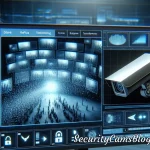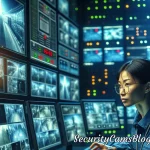Outdoor video surveillance plays a pivotal role in enhancing security measures for both residential and commercial properties. It acts as a deterrent for potential intruders and provides invaluable evidence in the event of a security breach. However, to ensure its effectiveness, regular maintenance is crucial. This article delves into the essential practices for maintaining outdoor video surveillance systems, ensuring they remain operational and effective round the clock.
Understanding Your Surveillance System
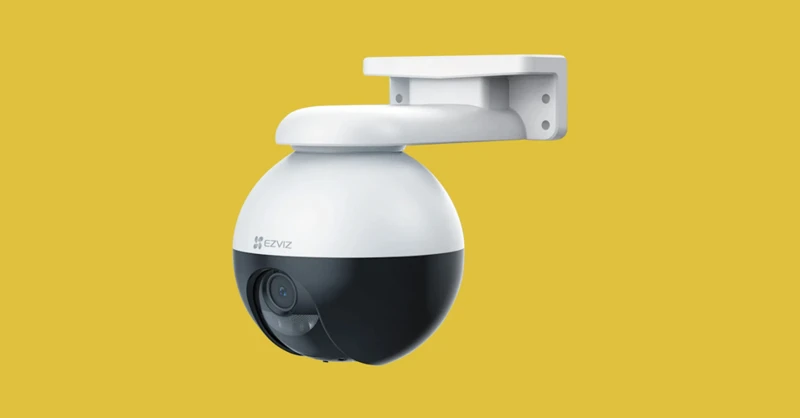
Components of a Surveillance System
Before diving into maintenance practices, it’s important to understand the components that make up your outdoor video surveillance system. This includes cameras, recording devices, wiring, and any wireless transmission systems. Each component requires specific care to function optimally.
Types of Outdoor Cameras
Outdoor surveillance cameras come in various types, including dome, bullet, and PTZ (pan, tilt, zoom) cameras. Each type has unique maintenance needs, from cleaning the lens to ensuring the motorized parts of PTZ cameras are functioning smoothly.
Regular Cleaning
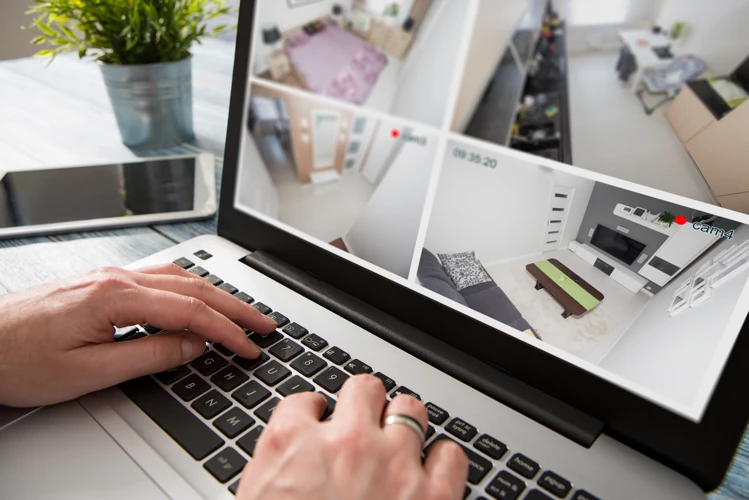
Cleaning Camera Lenses
Dirt, dust, and spider webs can obscure camera lenses, significantly reducing video quality. Regularly cleaning the lenses with a microfiber cloth and appropriate cleaning solution can prevent this issue.
Clearing Debris from Camera Housings
Beyond the lens, it’s also essential to clean the camera housing. Debris and water spots can interfere with camera functionality, especially for cameras with motion detection or infrared capabilities.
Checking for Physical Damage
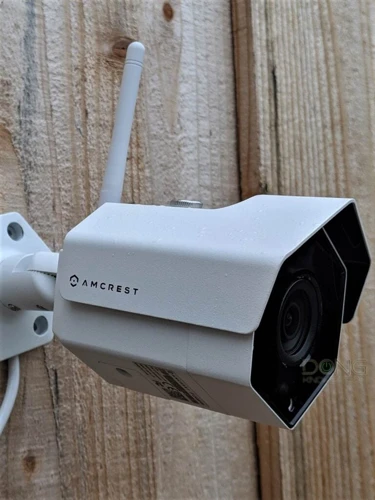
Inspecting Camera Housing
Physical damage to the camera housing can compromise the waterproof and dustproof capabilities of outdoor cameras. Regular inspections can help identify cracks or other damages early.
Assessing Wiring and Connections
Outdoor cameras are often exposed to harsh weather conditions, which can damage wiring and connections. Check for signs of wear and tear, and ensure that all connections are secure to prevent disruptions in video transmission.
Software Updates and Bug Fixes
Keeping Firmware Up to Date
Manufacturers regularly release firmware updates to enhance camera performance and security. Ensuring your camera’s firmware is up to date is crucial for maintaining optimal functionality and protecting against cyber threats.
Addressing Software Bugs
Software bugs can cause cameras to malfunction or become unresponsive. Regularly check for and install software updates to fix any identified bugs, ensuring your surveillance system is running smoothly.
Power Supply and Backup Solutions
Ensuring Consistent Power Supply
A consistent power supply is essential for the continuous operation of outdoor surveillance cameras. Check power connections and backup power solutions to ensure your cameras remain operational, even during power outages.
Investing in Power Surge Protectors
Power surges can damage surveillance equipment. Investing in power surge protectors can safeguard your system against unexpected power spikes, prolonging the life of your cameras.
Environmental Considerations
Protecting Cameras from the Elements
Environmental factors such as extreme temperatures, rain, and snow can affect camera performance. Ensure that cameras are properly sealed and positioned under eaves or in protective housings to mitigate these effects.
Accounting for Wildlife
In some areas, wildlife can pose a threat to outdoor surveillance systems, from birds nesting on cameras to rodents chewing through wiring. Regular checks can help identify and mitigate any wildlife-related issues.
Professional Inspections and Repairs
When to Call in Professionals
While many aspects of maintenance can be handled in-house, there are situations where it’s best to call in professionals. This includes significant physical damage, complex technical issues, or when upgrading your system.
The Importance of Regular Professional Audits
Even with diligent in-house maintenance, having your system professionally audited on a regular basis can help identify potential issues you may have missed and ensure your system is performing at its best.
Enhancing System Security
Implementing Cybersecurity Measures
As many outdoor surveillance systems are connected to the internet, implementing robust cybersecurity measures is essential. This includes changing default passwords, enabling two-factor authentication, and ensuring your network is secure.
Regularly Reviewing Surveillance Footage
Regularly reviewing surveillance footage not only helps in assessing the effectiveness of your placement and coverage but also in identifying any potential technical issues with the system.
Documenting Maintenance Activities
Maintenance Logs
Keeping a detailed log of maintenance activities can help track the performance over time and identify recurring issues. This documentation can be invaluable for troubleshooting and during professional audits.
Setting a Maintenance Schedule
Establishing a regular maintenance schedule ensures that all aspects of your outdoor surveillance system are checked regularly. This proactive approach can significantly extend the lifespan and effectiveness of your security system.
Maintaining your outdoor video surveillance system is crucial for ensuring it operates efficiently and provides the security coverage you need. Whether you’re considering the optimal placement of cameras, setting up your system, or looking to access your surveillance footage remotely, we have a range of resources to help. Explore our guides on outdoor video surveillance placement, outdoor surveillance camera setup, outdoor video surveillance installations, and accessing outdoor video surveillance for comprehensive insights into getting the most out of your security system.
Conclusion
Maintaining outdoor video surveillance systems is crucial for ensuring their effectiveness in providing security for your property. By understanding your system, regularly cleaning and checking for physical damage, staying on top of software updates, and considering environmental factors, you can ensure that your surveillance system remains reliable and effective. Furthermore, incorporating professional inspections and emphasizing cybersecurity can enhance the system’s longevity and performance. With a diligent maintenance regimen, your outdoor surveillance system can continue to serve as a robust security measure for years to come.




